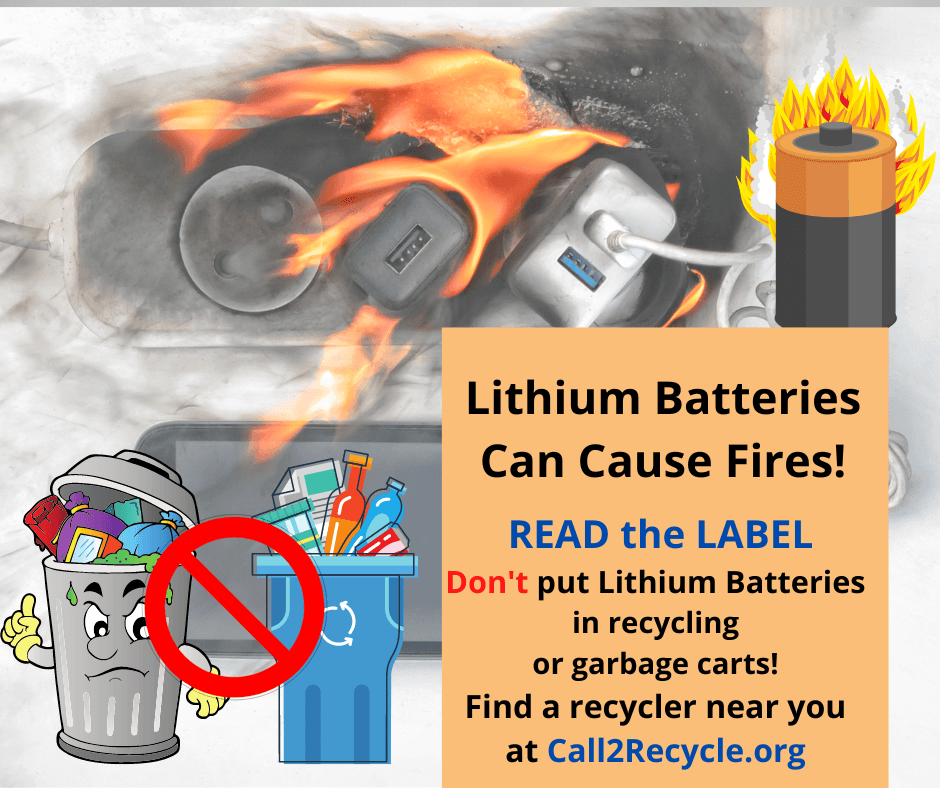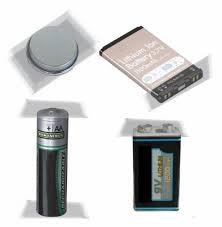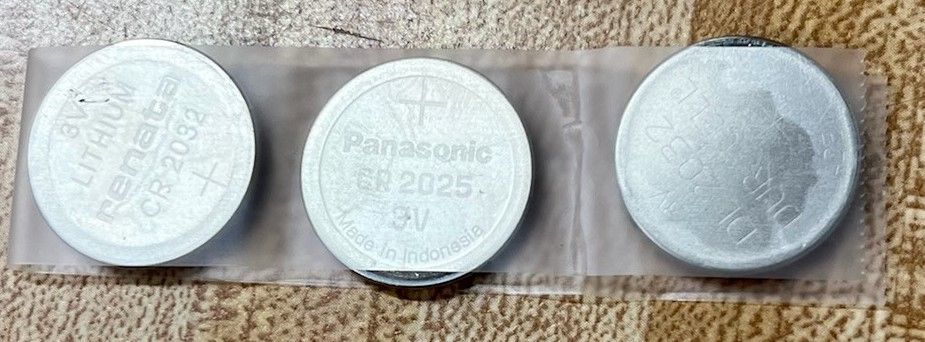According to the Illinois Environmental Protection Agency, single-use Alkaline batteries AAA, AA, C, D 6v & 9v are classified as "non-hazardous" and may be safely disposed with household trash. When possible, recycle Alkaline batteries to recover metals including zinc, manganese, brass and steel.

Lithium Primary and rechargeable Nickel Cadmium (NiCd), Nickel Metal Hydride (NiMh), and Lithium-Ion batteries contain mercury and other heavy metals and according to the IEPA, should be recycled. These batteries are found in cordless electronics like power tools, laptop and tablet computers, cell and cordless phones, as well as some toys, power banks, home security alarms, cordless vacuums, toothbrushes, and other devices that are plugged in an outlet to recharge the battery.
Because single-use Alkaline and Lithium batteries look amazingly similar, the best way to know is to read the label. To eliminate the risk of generating a spark that can cause a fire, before taking batteries to a recycling drop-off put clear packaging tape around the terminal ends of lithium primary AA, AAA, 9V, and D batteries, place coin cell batteries on clear packaging tape in a line on the top and bottom (like a sandwich), or place individual lithium and coin cell batteries in separate plastic baggies.


Call2Recycle partners with retail stores such as Best Buy, Home Depot and Lowes that accept lithium primary and rechargeable batteries only – NO alkaline batteries! Go to call2recycle.org/locator to find a location and for more information.
SWANCC sponsors a program for batteries. Check with your Village/City to see if they collect these items from residents.
